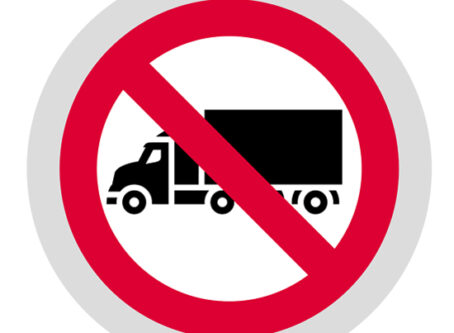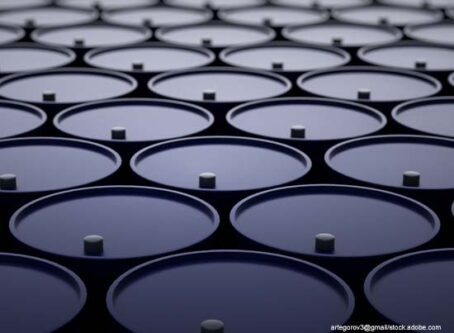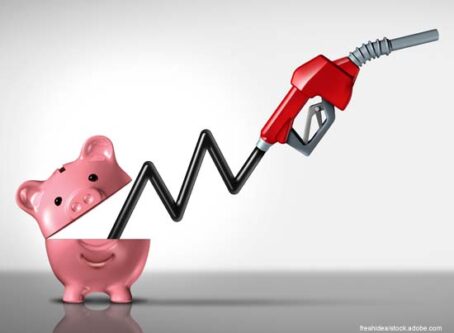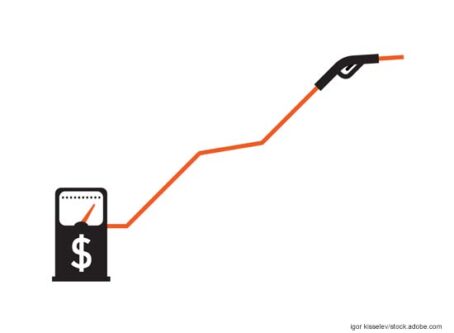Washington state initiative intended to reduce fuel prices
A repeal effort in Washington state to give voters a crack at repealing a controversial cap-and-trade program has taken the next step. Higher fuel prices resulting from the program are a leading focus of the effort.
In January 2023, the state implemented the Climate Commitment Act to require covered entities to reduce their total greenhouse gas emission over the next three decades. As a result, industries that produce more than 25,000 metric tons of greenhouse gas emission yearly, as well as transportation-related gasoline and diesel exhaust, must reduce emission to 95% below 1990 levels by 2050.
Initiative 2117
The implementation did not go over well with many.
The citizens’ advocacy group “Let’s Go Washington” began a petition drive shortly thereafter to obtain 324,516 signatures required to qualify a question for the November ballot. The question would ask voters whether to repeal the cap-and-trade program.
After obtaining 400,000 signatures, the advocacy group filed Initiative 2117 with the Washington Secretary of State. In mid-January, Secretary of State Steve Hobbs’ office verified the repeal pursuit had achieved the minimum number of signatures required to qualify for the ballot.
As a result, the repeal effort will start in the Legislature.
Washington state law requires that if the issue fails to get the endorsement of state lawmakers, the repeal effort would head to a statewide vote this fall.
Rising consumer costs focus of group pursuit
Let’s Go Washington has said cap-and-trade in the state is causing multiple problems for residents. They cite higher fuel prices, increased grocery costs and price increases on other goods in the supply chain.
The advocacy group reports recent estimates show that at the pump, Washington drivers are paying the third-highest amount in the nation due to the tax on emission. Only California and Hawaii have higher fuel prices.
On Tuesday, Feb. 13, the statewide average was $4.532 per gallon for diesel, Truck Miles reported. The U.S. average this week was $4.109 per gallon.
“The Department of Ecology’s own estimates predict the prices will continue to go up for the next six years, reaching a dollar a gallon,” the group stated. “In total, Washington drivers are now paying more than a dollar per gallon in fuel taxes.”
Jim Walsh, chairman of the Washington State Republican Party, said Initiative 2117 is “a commonsense measure that can restore affordability and help create transparency.”
Legislative action is a long shot
The repeal effort at the statehouse would prohibit state agencies from imposing any type of carbon tax credit trading and would repeal the 2021 legislation that established the year-old program.
This year’s legislation is in each chamber’s respective Environment and Energy Committee.
If the Legislature takes no action on the repeal effort to counter high fuel prices before the regular session ends March 7, the Secretary of State’s office must certify the initiative for the next general election.
Continuing forward with climate pursuit
Two leading Washington Senate Democrats have said they remain committed to combating climate change and moving toward a clean-energy future.
Sens. Joe Nguyen of White Center and Marko Liias of Everett have argued that instead of doing away with the state’s climate action, work needs to be done at the statehouse to address higher fuel prices that have followed the launch date of the program.
In addition, Gov. Jay Inslee has called for “radical transparency” with oil companies.
“We should not yield an inch to these oil and gas companies that are now using [the Climate Commitment Act] as an excuse,” Inslee said in previous remarks. “Instead, we should hold them accountable for their outrageous pricing. We’re not against profits, but we’re against price gouging.”
Nguyen has introduced legislation that he has touted would increase transparency for fuel prices and oil company profits. He said SB6052 also would hold oil companies accountable for the damage to air, water and health caused by fossil fuel production.
“We’ve got to have accountability and transparency in our gas prices,” Nguyen added. “This legislation will bring transparency to what’s happening so we can monitor for abuses and respond to bad actors.”
The bill has advanced from one committee and awaits further consideration in the Senate Ways and Means Committee. LL









